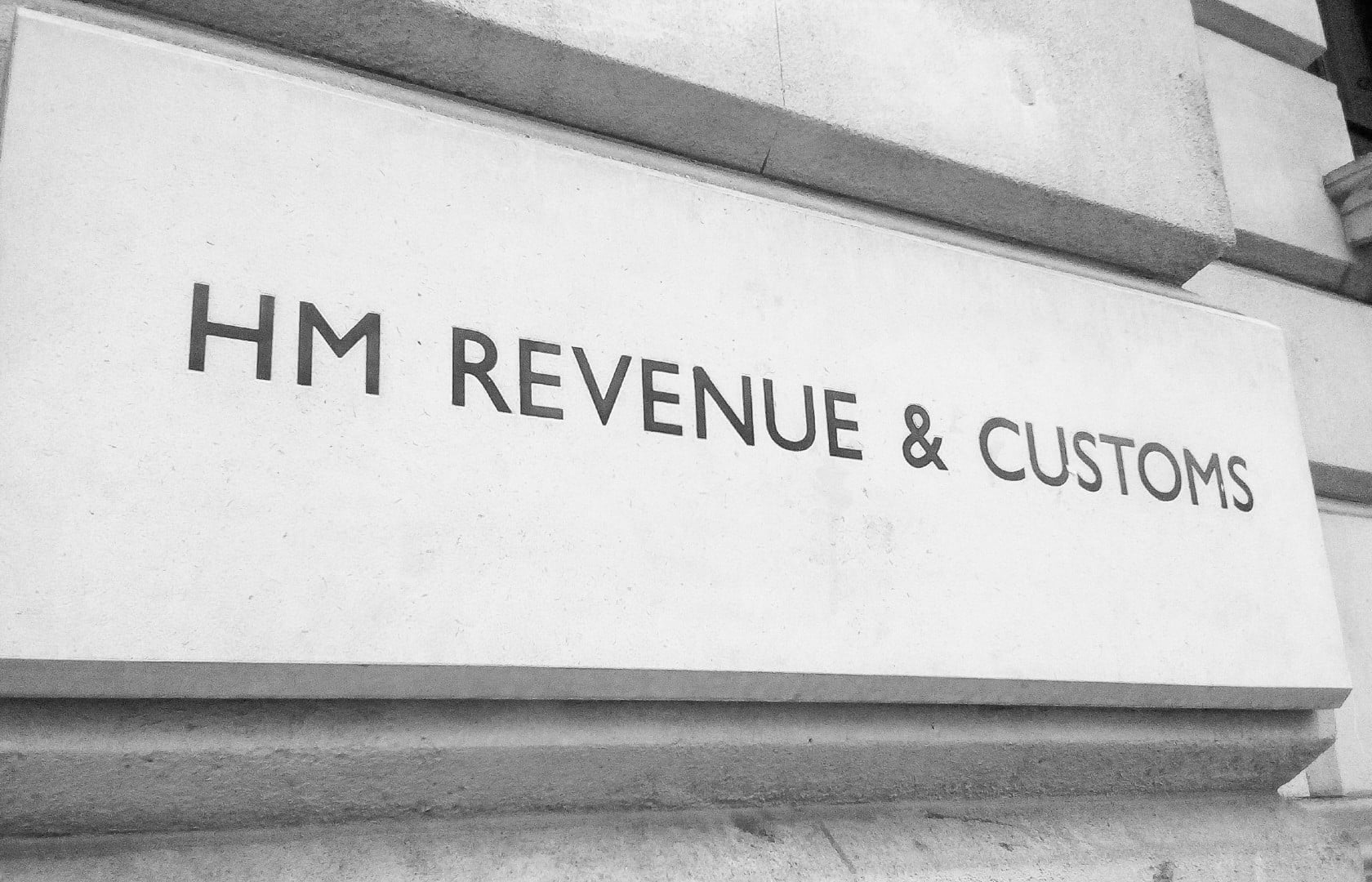An Employee Ownership Trust (EOT) can offer many benefits for the business owner who is looking to exit their business, where perhaps the traditional methods of sale (e.g. MBO or a trade sale) are not necessarily available. An EOT sale can provide an opportunity for a seller to receive full market value for their shares, without there being a tax charge on the proceeds that they receive.
In this article, we consider what an EOT structure means for the employees and how they can benefit from being a part of an employee-owned business. We explore some of the specific advantages below.
1. Tax free bonuses and the ability to benefit from future success of the business
A significant financial benefit for employees is their potential entitlement to tax free annual bonuses of up to £3,600 which can be paid as a single, annual lump sum, or in smaller amounts throughout the year. Any bonus sums in excess of the threshold will be taxed as normal and NICs will still apply to the full amount of any bonus paid.
In order to meet the conditions for the benefit to apply, there are a number of conditions that need to be met, one of which is to ensure participation across the workforce, rather than just for select employees.
The employees must all be able to collectively participate in the economic benefits that would normally be attributed to shareholders. Thus, once the exiting shareholders have been paid out for their shares and the EOT no longer has any debt owing to them, the growth in the value of the company would be reflected in the value of the shares, which will, effectively, be owned by the beneficiaries of the EOT – the employees. Again, all employees must be able to benefit, not just a select few. (It is possible to exclude recent joiners and employees who are subject to disciplinary proceedings).
2. Employees contribute to how the business is managed
A typical business will have its vision, goal and direction determined by the existing owners, board of directors, or senior management team, often with little input from the wider employee base.
When an EOT owns a controlling share of the business, the beneficiaries of the EOT (the employees) can have a say in how the business is run. This can be managed in various ways, including via an employee council or representation on the board of directors.
Having employee representatives on the board can ensure:
- that the business is moving in a direction which satisfies and motivates the whole team;
- that the directors and senior managers can keep track of how the employees feel about the business;
- that there is long-term engagement with the company and its values.
According to research, EOTs have been shown to improve productivity, reduce absenteeism and develop more engaged employees through inclusive, transparent, and effective models of corporate governances (1).
3. Job security
A further benefit of an EOT is the protection it offers employees from the uncertainty associated with a third-party takeover.
A business which has been acquired by a third-party, or merged with another group, can lead to redundancy fears and potential changes to job roles – a worrying situation for employees.
Having an EOT as the owner of the company can alleviate these feelings as an onward sale is unlikely. This can provide employees with reassurance that the new leaders of the business will be existing team members who are similarly invested in the business, who are familiar with how it works and the people that make it up.
Get in touch
There are clearly benefits of the EOT structure, and for some, it will provide an excellent exit strategy, enabling shareholders to exit the business and at the same time transferring ownership to the workforce. This can provide a great sense of pride and philanthropy for those exiting.
A sale to an EOT is not a quick or straightforward process. Our Tax team at PM+M are here to advise you and ensure any transaction is structured in the most efficient way for you. Our Corporate Finance team can talk you through the valuation process, including making introductions to potential funders to finance any potential purchase. Get in touch with Roger Phillips using the button below.





